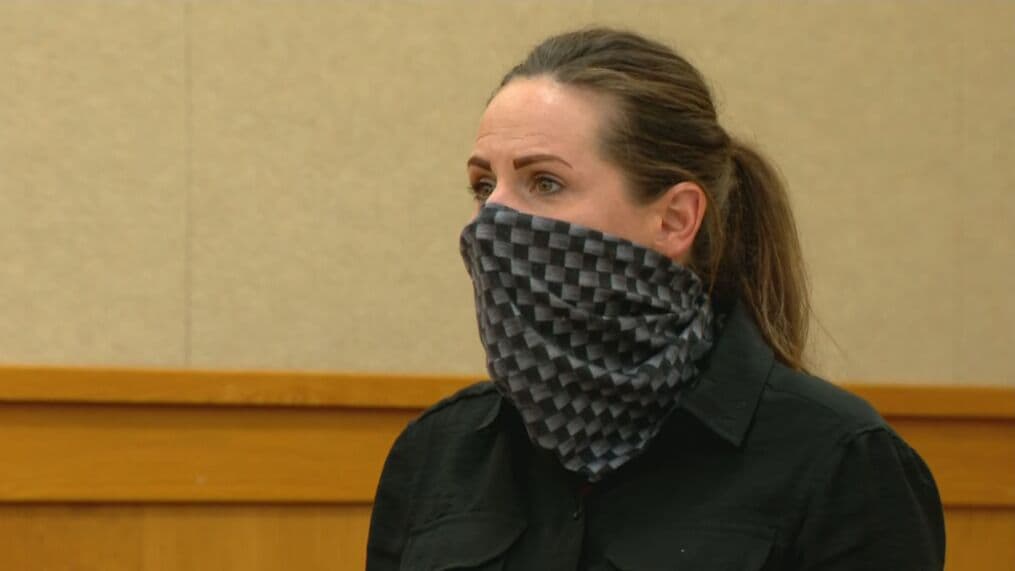A Narragansett, Rhode Island woman is receiving a slap on the wrist after she verbally attacked a Black family.
Christine Longo, 34, was found guilty of disorderly conduct after a judge refused to enhance her sentence to a hate crime. Last June, Longo verbally attacked Adote Akpabie and his family at the Coast Guard House in Washington County, per WPRI.
“Your conduct, your language, was vile and disgusting, quite frankly,” said Associate Judge James Caruolo to Longo. “I don’t know why the state didn’t charge with an assault charge. Had they charged you with that, there’s a very good chance you would be taking a ride to the ACI right now.”

The family had traveled to the beach and stopped to eat at a popular restaurant when Longo yelled racists slurs at Akpabie and his family.
“Look at this [expletive] Black guy,” said Longo according to witnesses who were at the Coast Guard House restaurant. “Go back where you came from.”
“I saw my wife, she was crying,” said Akpabie. “She did not even say a word. My daughter was the one saying, ‘Why are you doing this to us? What do you mean?’”
She was arrested a month later and charged with a misdemeanor count of disorderly conduct. According to Attorney General Peter Neronha, the state rarely used hate crimes for her type of offense.
“Think about that – if you were that family,” said Neronha while at a national panel focused on America’s hate crimes back in May.
The family’s 17-year-old daughter wrote a witness statement about the event and said her family felt unwanted.
“This incident made us feel unsafe, unwelcomed, and very threatened,” wrote the teen after the incident. “We felt as if we were being treated as inferior human beings.”
“We are shocked that some people still judge others solely based on the color of their skin,” she wrote. “This event has left a lasting psychological trauma in our lives; we no longer feel safe. My mother cried that day. We need to deliver a message that his sort of behavior is unacceptable.”
According to Rhode Island’s 1998 Hate Crimes Sentencing Act, prosecutors must prove defendants “intentionally selected the person against whom the offense is committed” because of their “hatred or animus toward the actual or perceived disability, religion, color, race, national origin or ancestry, sexual orientation, or gender of that person.”
Because the charge was not enhanced to a hate crime, Longo will not face jail time.
Neronha, who pushed for the enhancement, said he appreciates the woman being charged but does not agree with the judge.
“We will continue to take that position on appeal in the Superior Court and, if necessary, seek legislative change,” added Neronha.
“It is a privilege to fight on behalf of Rhode Islanders who are subject to this kind of hateful conduct,” he added. “We will continue to do so, on behalf of individual victims and on behalf of all the people of Rhode Island, because when one Rhode Islander is targeted because of the color of their skin, it affects us all.”
Have you subscribed to theGrio’s podcast “Dear Culture”? Download our newest episodes now!
TheGrio is now on Apple TV, Amazon Fire, and Roku. Download theGrio today!
Share












More Stories
Angela Rye, Tamika Mallory & More Lead 'State Of The People Power Tour': "We Can’t Keep Centering Whiteness In Black Advancement" – essence.com
Oakland mayor’s chief of staff fired after referring to black people as ‘tokens’ in resurfaced note: reports – New York Post
Jasmine Crockett Called Out For ‘Cotton-Picking’ Comment – Black Enterprise